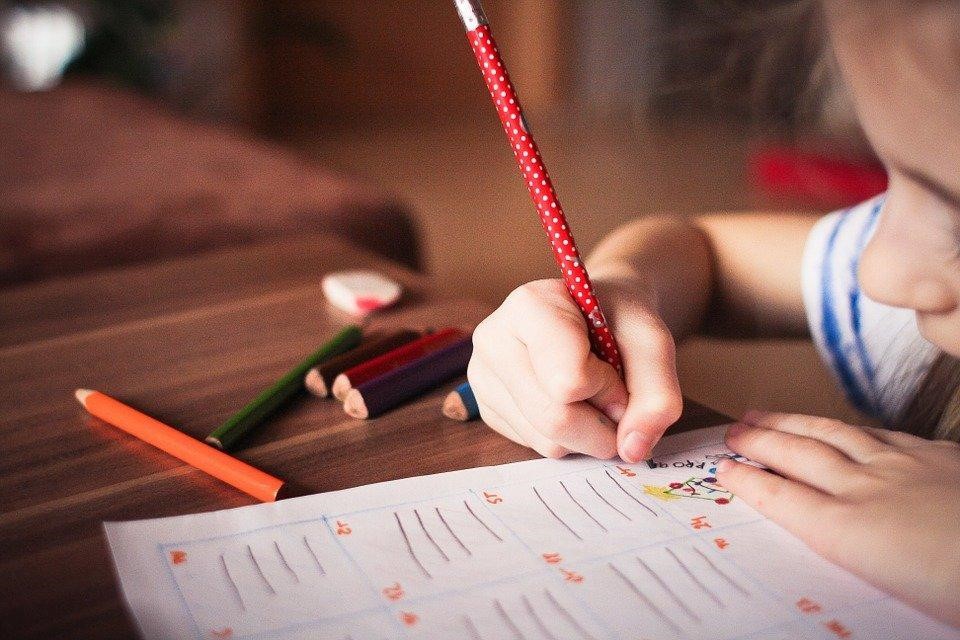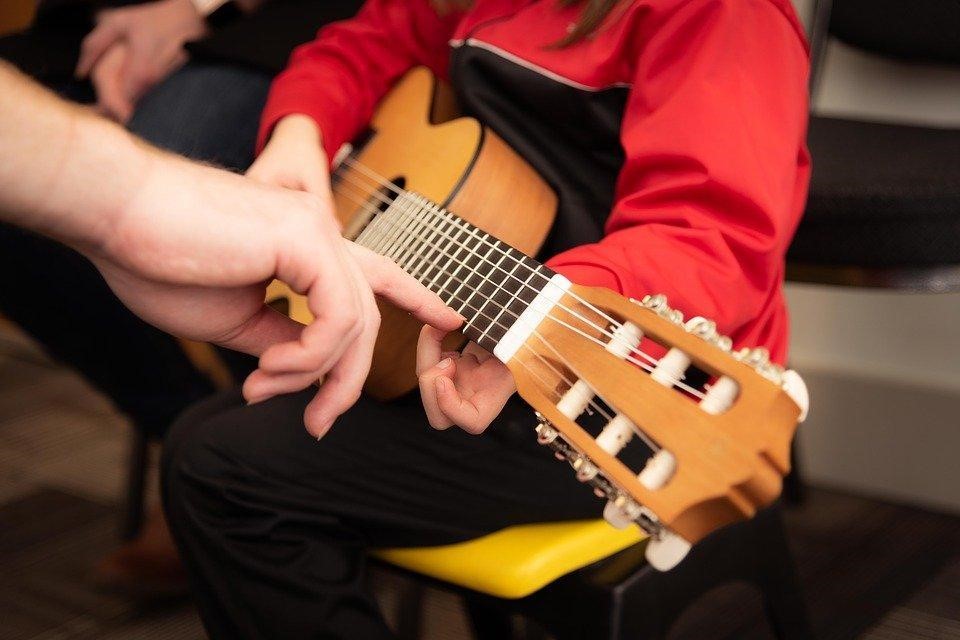Guide
How Your Child Can Combine Play And Study?

Being an adult, Albert Einstein claims a life-changing event in his life which is an inspiration towards his interest in science. He had been staying in his bed since he was 4 or 5 years old, and he had only a magnet to play with. He spent about 4 hours twisting a magnetic compass and kept on wondering how the needle was pointing in the same direction each time. This play of Albert Einstein is a true inspiration that playing is the most influential teacher.
Being a parent, you must be happy whenever your child plays. But it would be more soothing to listen to their intriguing ideas and how they create some new worlds. It is also fun to have their unique imagination skills that they put together in their playful zone. Playing is extremely powerful for children of all age groups. However, many parents are not aware of the same. They seek language arts homework help from books and another internet.
The key to learning is playing. Numerous studies and research claims that playing can nourish the learning and memory skills of the child. Such skills include innumerable factors such as teamwork, experimenting, expression, and inquiry.
What is a meaningful play?
The schools at the kindergarten and nursery stage usually focus on learning through expressive playing. The teacher at this stage gives intriguing and cheerful homework tasks to encourage easy learning. Children typically take language arts homework help from their parents after playing. But they don’t realize that the job has already been done. A meaningful play possesses the below five characteristics:
- Your child will enjoy the task for sure.
- The children will get a chance to choose what they want to do.
- A lesson-oriented task does not contain a script that the children will have to follow. Therefore, it is always a spontaneous action.
- The child is always self-motivated to do such a task. Hence, the parents need not help with homework.
- The environment of such a task is always risk-free. It means that the students are free to experiment whatever they wish to.
In such meaningful plays, every child participates very actively. For instance, instead of taking any lesson passively, the child keeps noting along with their peers. They make sure to respond to other players as per the rules of the play they are playing. Playing, especially in a group, teaches multiple factors to a child. For example, whenever they play in a group, they know about leadership qualities, teamwork, etc.

How can your children combine the fruitfulness of learning through play?
For kids, playing involves the movement of the entire body. These movements help in the development of those skills which the child may need throughout their life. These are inclusive of climbing, dancing, running, and rolling. Such tasks lead to fostering of muscles and assist in tuning motor skills. It also develops the emotional and mental powers as they imagine, create, and elaborate the sports on their terms.
Such role-playing assists the children in building up their social and communicative skills as well. They become the people who can now easily thrive in professional and personal environments without any efforts at the later stage of their lives.

Summing up:
Learning through playing is a crucial strategy at PaperLeaf as it offers the child a chance to put up questions and assist them in solving the same in a very creative manner. It promotes collaboration while working and encourages numerous experiments while illustrating. Even schools and colleges nowadays promote an activity-based approach for enhancing the learning skills of the students.
For instance, whenever the teacher reads loudly in the class, it motivates the listeners to turn the page and follow every single word they hear with their fingers. This task also encourages the students to discuss the content and be keen listeners. The teachers also keep on engaging them by questioning what they think can happen in the next chapter. The students also get an opportunity to develop some of their real-life experiences through role-drama and movie plays. Such options help enhance numerous skills of children, such as boosting up their confidence, supporting and listening to others, paying attention, etc.













